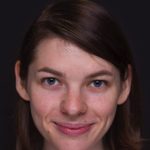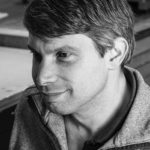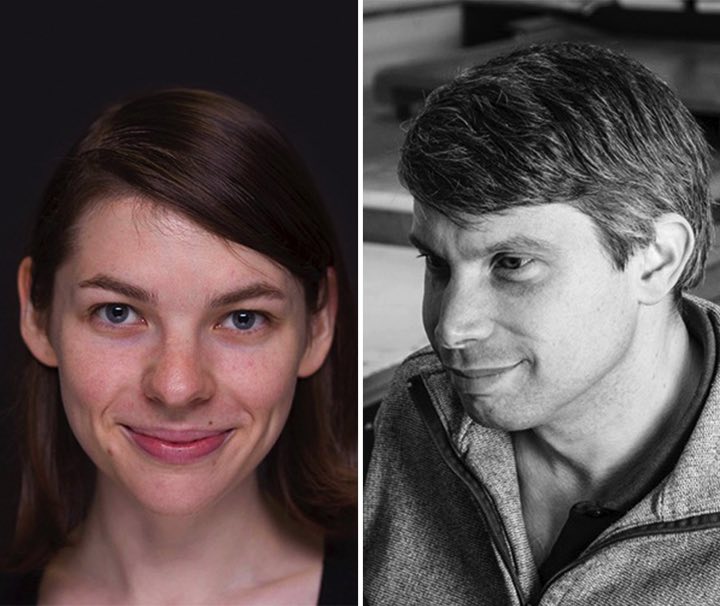Whether you want to create musical theatre, develop underscoring for dramatic action or invent ambient sound, this course will explore how music can be used effectively on stage and will open up exciting ways of bringing music to your dramatic writing. The course will look at how music can enhance the story structure of your play, heighten dramatic action, express your character’s needs and move the story forward.
Tunesmiths, wordsmiths, lyricists, playwrights, composers, musicians are all welcome regardless of musical expertise. If you have never picked up an instrument before or are the first violinist of the London Philharmonic, this course will unlock your musical and theatrical creativity. A willingness to collaborate and perform in your own and other participant’s work is actively encouraged.
If you have never written a piece of music before but have songs stuck in your head, our resident piano accompanist, Phil Blandford, will quickly and easily help you transform that melody that has been driving you mad into a fully formed dramatic song and will be on hand throughout the week, providing arrangement and accompaniment for all.
Courses
The Garsdale Retreat provides an inspiring place to develop as a writer. Our courses offer opportunities for new, emerging and experienced writers. The tutors, all professional writers, lead group work and also give one-to-one tutorials to help the individual student. In the remote and beautiful setting of The Yorkshire Dales, The Garsdale Retreat gives a wonderful opportunity to escape from the daily stresses of life and to draw inspiration from fellow students, tutors and the landscape itself.
All courses start on Monday afternoon, arrival time 4.00 – 5.30pm and finish after breakfast on Saturday, 10.00am
Course Structure
Although there will be slight variations, according to the type of course, students can generally expect the following outline.
Writing Workshops
Each day begins with a morning workshop at 9.30am where students explore particular aspects of the chosen genre and take part in writing exercises to further their understanding and expertise. Tutors also write alongside the students, sharing and developing work with participants. The immediacy of hearing or reading an expert’s emerging work gives invaluable insight and inspiration into the art of writing. All students have opportunities to share their work with the tutor and fellow writers in a safe, supportive and nurturing environment in which individual work is respected and confidence developed.
There is a mid-morning coffee break and the session finishes at lunchtime (1.00pm)
After lunch, participants are free to do whatever they like, such as: relax, go for walks, enjoy The Dales, nap, draw, paint, read or work on individual writing projects.
All students have at least one individual tutorial which usually takes place in the early evening after tea and homemade cake.
Each evening there is an after-dinner event. The precise nature of this vary varies according to the type of course but participants can typically expect a tutor reading on Tuesday followed by a reading from a visiting writer on the Wednesday. There is an informal activity on Thursday such as a student ‘open-mic’ night, or a tutor devised activity. On Friday, students and tutor take part in a reading of their work from the course-produced anthology. This is followed by an informal celebration where participants are welcome to play music or sing etc. The Retreat has a grand piano, key-board and acoustic guitar but students are free to bring any instruments along with them.
After-dinner events for performance style courses will usually involve workshop performances by participants of work accomplished in the day.
All courses will conclude after breakfast on Saturday.
Writing Course Anthology
An integral part of a course, is the production of an anthology of the week’s writing. Tutors and students have an equal allocation of pages (usually two sides ofA4) and select the work they include. These pages can be illustrated or decorated. Each participant takes ownership of their pages and is free to determine the overall look and style which may be hand-written or word-processed. It is, of course, accepted that work may not be completely polished and there is an element of work-in-progress about it. However, the aim of the anthology is to reflect a flavour of the work accomplished on the course by both tutor and participants and to provide them with an attractive record of their time at Garsdale. The Retreat stores copies of anthologies in the library, providing pleasure and inspiration for future students.
Musical Theatre Courses
These are essentially the same as the writing workshops in terms of the structure of the day. The main difference is that the evenings are devoted to performance of work produced each day. An informal concert of work produced over the week is given on the Friday evening.
Musical Theatre Course Recording
For musical theatre and performance poetry based courses, an audio anthology is produced. Each student selects work they’ve produced over the week to be recorded. As with the written anthology, the audio version is not expected to be a complete and polished work but more of a work-in-progress which reflects the week’s endeavours. A copy of the anthology recording is given to each student at the end of the course. The Garsdale Retreat will archive the anthology, providing pleasure and inspiration for future students.




